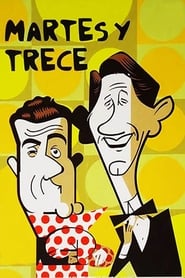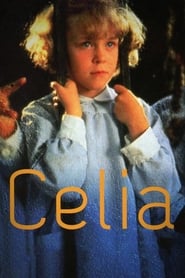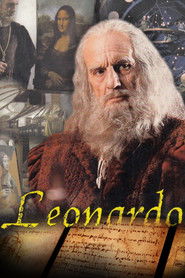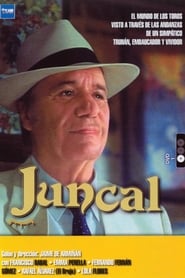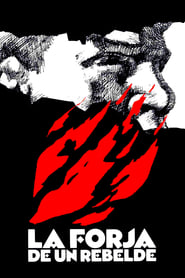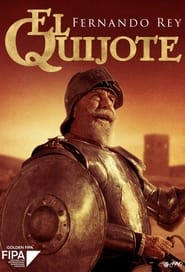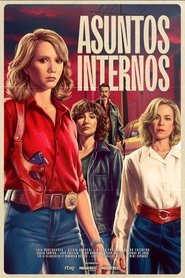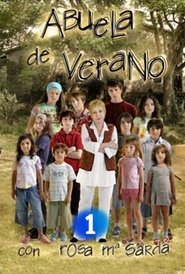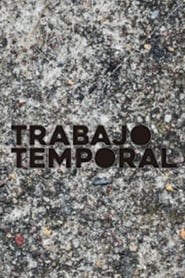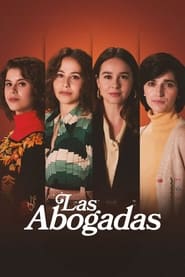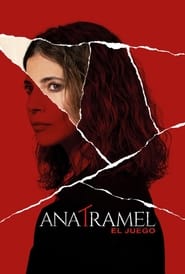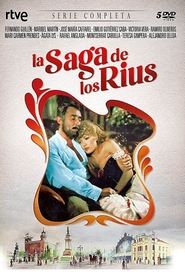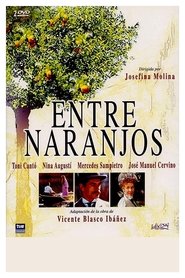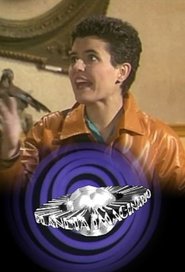La 1 TV Series - Page 8
-
Celia
1993
star 6.4Celia is a Spanish children's television series created by José Luis Borau in 1992 for the national Spanish public-service channel Televisión Española. It is based on the classic Spanish children's novels of the same name by Elena Fortún, primarily Celia, lo que dice and Celia en el colegio. The books and television series tell the stories of a wild seven-year-old girl named Celia Gálvez de Moltanbán. In addition to focusing on Celia, the show touched lightly on Spanish life in the 1930s, such as the upcoming civil war, a changing nation, and the social issues and ideas at the time. Cristina Cruz Mínguez was cast as the titular character, and the script was adapted by author and screenwriter Carmen Martín Gaite. The creator, Borau, directed and produced the series. Though successful when it originally premiered, Celia was cancelled after six episodes. The sixth and final episode ended with a "to be continued", but the following episode has yet to be released. -
The Life of Leonardo da Vinci
1971
star 8.4La vita di Leonardo da Vinci — in English, The Life of Leonardo da Vinci — is a 1971 Italian television miniseries dramatizing the life of the Italian Renaissance polymath Leonardo da Vinci. The Golden Globe-winning miniseries was directed by Renato Castellani, and produced by RAI and distributed in the United States by CBS, which aired it from August 13, 1972 to September 10, 1972. Castellani wrote the screenplay. It was filmed entirely on location in Italy and France. The total runtime of the five episodes is nearly five hours. -
La vida de Rita
2003
La vida de Rita
2003
-
La Forja de un Rebelde
1990
star 4.5An autobiographical account that is also the history of Spain during the dark years of the first half of the twentieth century. Spanish writer Arturo Barea (1897-1957) narrates his childhood in Madrid, his harsh experiences in Morocco during the Rif War and his political commitment to the Republican side during the Spanish Civil War. -
Don Quijote de la Mancha
1992
star 5.2Miniseries version of the first half of Cervantes' famous novel. -
Cena Con Mamá
2019
Cena Con Mamá
2019
-
El Jardín de Venus
1983
El Jardín de Venus
1983
-
Trabajo Temporal
2016
Trabajo Temporal
2016
-
Las abogadas
2024
star 7.1The story of 20-year-old lawyer Lola González Ruiz and her group of friends who challenged the Francoist dictatorship with the law at hand, from 1969 up to the Atocha killings in 1977. -
Letter to Eva
2013
star 5.5Juana Doña, a communist woman; Carmen Polo, dictator Franco's wife; and Eva Duarte, President Perón's wife, the first lady of Argentina, the idolized Evita, crisscross their lives during Evita's official visit to Spain, an autarchic country isolated from the world, in June 1947. Behind the pomp of reception there is a pharaonic preparation, hidden businesses, battles in the Caudillo's court and the possibility of saving a human life. -
Ana. All In.
2021
star 5.6Ana Tramel is a brilliant criminal lawyer in her lowest hours. She receives a call from her brother, who has been accused of murdering the director of a famous casino. With a small team, she will have to face a huge corporation. -
La saga de los Rius
1976
La saga de los Rius
1976
-
Entre naranjos
1998
star 3Rafael Brull is the only son of a powerful landowning family in a small Mediterranean town. When he meets Leonora, a mysterious opera singer, his family try to stop their courtship. -
Imaginary Planet
1984
star 4An original program that in the mid-80s brought the world of art and literature closer to children and young people. Its protagonist and presenter was Flip, a girl who lived on her white planet with the only company of her invisible friend Muc.

